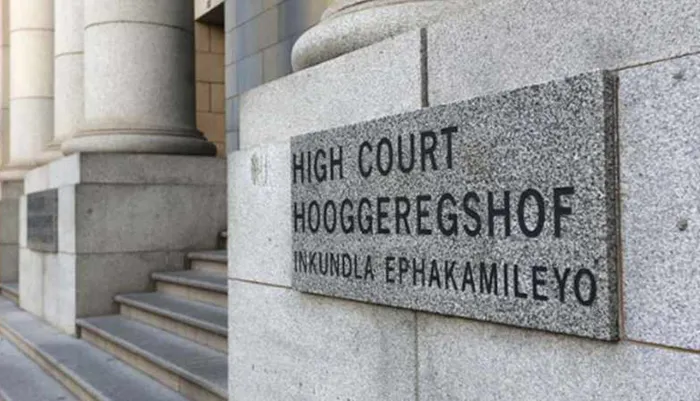High Court mandates psychiatric evaluation for vexatious litigant

A persistent litigant has been ordered by the Western Cape High Court to undergo a psychiatric evaluation after repeatedly pursuing unmeritorious cases, raising concerns about his ability to understand court proceedings.
Image: FILE
A persistent litigant has been ordered by the Western Cape High Court to undergo a psychiatric evaluation at George Hospital after he brought another application for the judge who declared him vexatious to recuse himself.
Thabang Motjamela was ordered to undergo the evaluation within 10 days of the court order, which was issued by High Court Judge Daniel Thulare on November 3.
Judge Thulare stated that the order was made because it appeared to the court that the applicant, due to mental illness or intellectual disability, is not capable of understanding the proceedings to make a proper case.
The court directed that the matter be enquired into and be reported on by the head of George Hospital or by another psychiatrist delegated by the head concerned.
Motjamela, after being declared vexatious by the High Court last month, brought an application for leave to appeal against that judgment and the application for recusal.
Judge Thulare temporarily suspended both applications pending the report from the hospital.
Judge Thulare said: “The application for leave to appeal and the application for recusal can be fair proceedings only if the court is satisfied that the applicant can understand and participate meaningfully. This is a decision that I do not take lightly.
“The applicant is simply becoming a liability to the proper functioning of the courts. In my view, there was a sufficient foundation to require this court to seek a psychiatric assessment.”
Motjamela had, since 2018, along with 26 other people, instituted litigation against the George Municipality primarily concerning employment under an Expanded Public Works Programme (EPWP) contract, having sought that they be employed on an indefinite basis.
The 26 other litigants, after failing in their case at the South African Local Government Bargaining Council, abandoned the referral and only Motjamela pursued it.
Despite repeatedly losing his cases and being advised by Legal Aid South Africa (LASA) that his claims had no chance of success, he continued to pursue them.
He argued that he had been discriminated against because he believed that, as he had been shortlisted in 2018, he should have been shortlisted in 2020.
In the previous judgment, Judge Thulare had said Motjamela refused to accept that his multiple matters and legal disputes did not have merit and ignored legal advice that his matters did not have merit.
Judge Thulare stated he would be failing in his duty if he ignored Motjamela’s habit of sending excessive emails to everyone involved in his cases - court employees, support staff, registrars, secretaries, and nearly all judges.
He noted that while appropriate follow-up correspondence is acceptable, this behaviour is so inappropriate that he believed Basotho elders would confiscate Motjamela's laptop and restrict his internet access until a family meeting could be held to discuss his conduct.
“He continued to blame and make serious allegations against judges whenever decisions were made against him. He exhibits a general disregard for established procedure and practice. He hid behind his being poor, African, and not trained in law as a default excuse in his intimidation of opponents and judges into submission to his unmeritorious disputes.
“The default position in our law, which is a rebuttable presumption, is that every litigant is sane. This presumption of sanity is a legal principle that assumes that an individual who initiates or is involved in legal proceedings is sane until proven otherwise.
“I am duty-bound to move from the premise that the respondent is mentally competent. I moved from the assumption that the respondent has the mental capacity to understand his actions and their consequences,” Judge Thulare had said in October.
Cape Times
Related Topics: